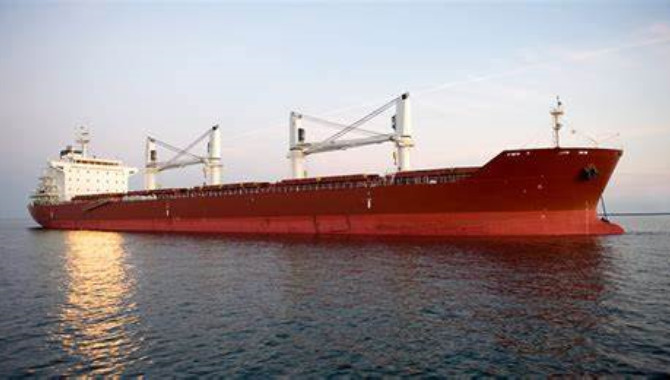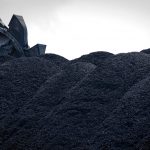These products have been reclassified as no longer being solid waste, which will be prohibited to import, following a reported tightness within China of certain non-ferrous scrap products.
“Recycled brass, recycled copper, and recycled cast aluminum alloy raw materials that meet the standards of ‘Recycled Brass Raw Material (GB/T 38470-2019)’, ‘Recycled Copper Raw Material (GB/T 38471-2019)’ and ‘Recycled Cast Aluminum Alloy Raw Material (GB/T 38472-2019)’ are not solid waste and can be imported freely,” said the announcement on the ministry’s website.
“The customs commodity codes of recycled brass raw materials, recycled copper raw materials and recycled cast aluminum alloy raw materials are 7404000020, 7404000030 and 7602000020, respectively,” it added.
Materials that do not meet these standards cannot be imported, apart from those covered by a 2020 import license for solid wastes that can be used as raw materials under the restricted import of copper scrap and aluminum scrap, it said.
China banned imports of lower-quality categories of non-ferrous scrap in 2018 and 2019 and has restricted imports of higher-quality grades via import quotas in a move to prevent it becoming a dumping ground for other countries’ waste. It has further announced plans to ban imports of any materials that continue to be classified as “waste or scrap” after Dec. 31.
Some 716,930 mt of copper scrap and 687,819 mt of aluminum scrap are understood to have been imported into China under the quota system so far this year, according to quota details released by the ministry.
The new standards on products allowed to be imported from Nov. 1 were detailed in July.
Restrictions seen boosting quality
Traders speaking recently at an International Recycling Bureau (BIR) event before the latest announcement said the expected new policy of classifying scrap metals as recycled materials would have positive outcomes for the future of scrap trading worldwide.
Scrap metals merchants had feared since the import controls were first imposed that they could lose access to the Chinese market, which continues to be an important destination, particularly for copper and aluminum scrap.
Analysts at ING Economics reported Oct. 20 that the import control policy has apparently served its purpose of raising the quality of scrap metals imports into China.
“Since China banned Category 7 copper scrap imports from the end of 2018, and further restricted the import of Category 6 from July 2019, the copper content within imported scrap has improved significantly,” ING said. “The majority of the materials imported since 2019 has already met the standards in the version issued during July.”
The BIR circulated details of the new Chinese legislation to its members Oct. 20.
Imports of ferrous scrap into China continue to be prohibited, although some industry players expect an opening up in this area next year.
Source: SPGlobal






